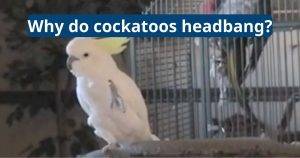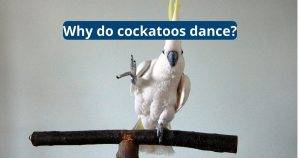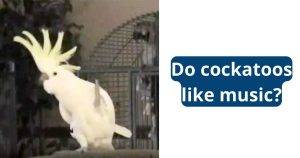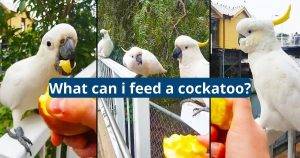Why Do Cockatoos Like Music?
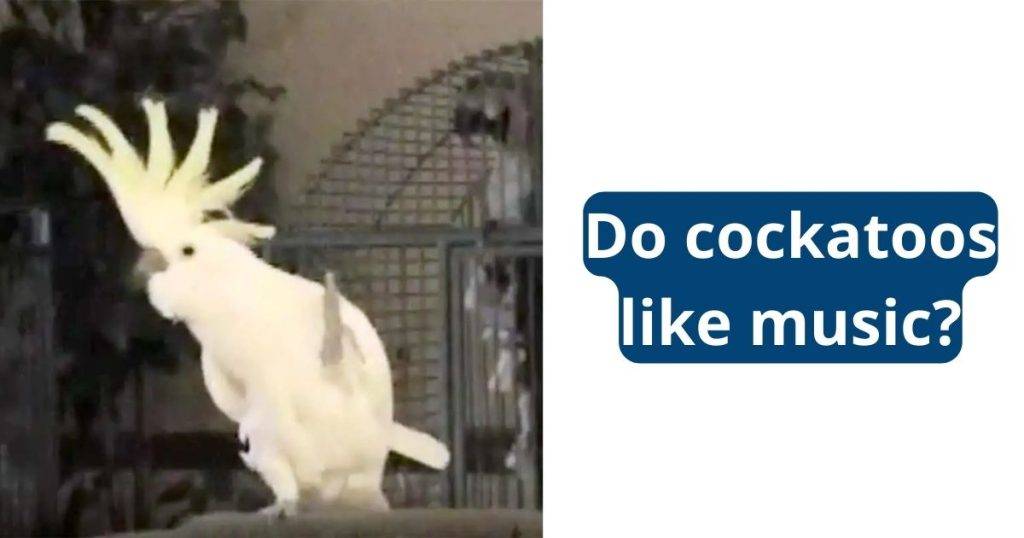
After a dancing cockatoo gained internet fame, scientists studied his movements frame by frame. They discovered Snowball exhibited 14 different dance moves spontaneously when listening to his favorite music. This is known as entrainment — the alignment of body movement to timed sounds. This is the same reaction humans experience when listening to a beat they like.
They’re expressive
Cockatoos are expressive birds and they’ll use a variety of actions to communicate. One of the most interesting ways they express themselves is by bobbing their heads to music. This is thought to be a way for them to show excitement or delight in what they’re hearing.
A sulphur-crested cockatoo named Snowball gained worldwide fame after videos of him dancing to pop music went viral. His moves inspired neurobiologist Aniruddh Patel to study if parrots could keep rhythm. The results of his research were published in the journal Current Biology. Patel found that cockatoos are capable of spontaneously moving to the beat, just like humans.
The cockatoos in his experiment responded to different songs, but they all danced to the same rhythm. They bobbed their heads in time with the beat, and they were able to adjust to changes in the beat’s speed. They also opened their wings and stood on one foot to move with the music.
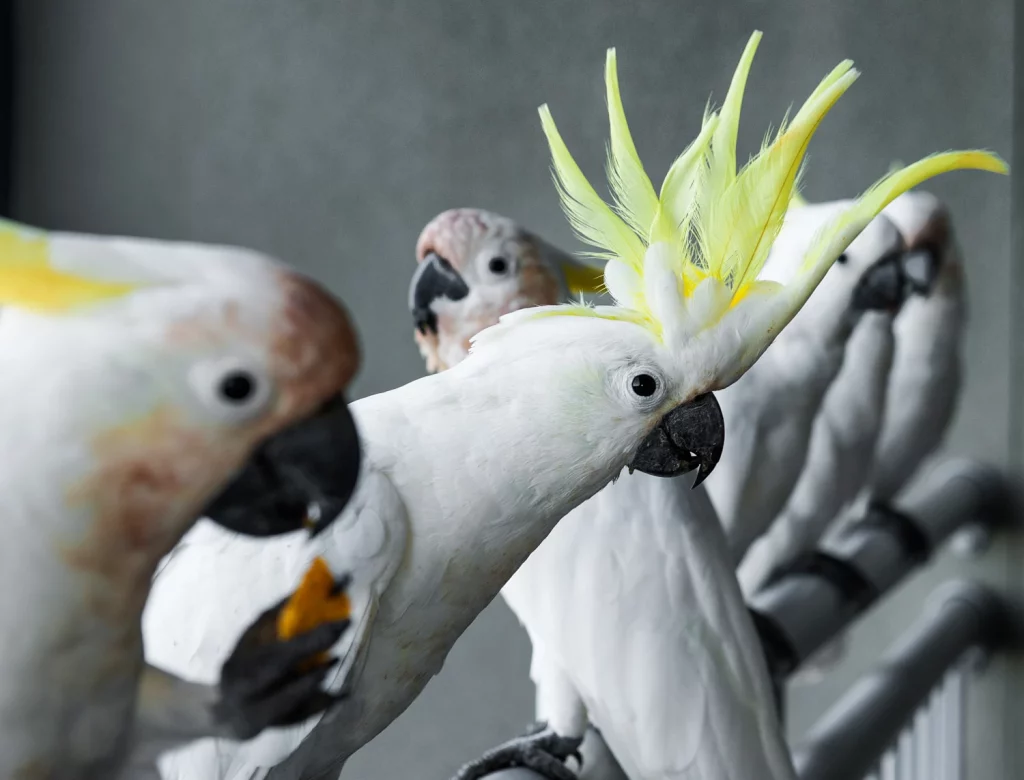
They’re social
Cockatoos love to show their caretakers how much they like something, and one of the most popular ways is by dancing. They do this by moving their head, wings, and feet to the beat of a song. This makes them look so charming and beautiful. They also spread their wings which look very attractive.
According to a recent study, cockatoos can keep the beat and synchronize their movements with the music. They can even adapt to changes in the speed of a song. This is because they have a special part of their brain that connects the sound to their motor skills.
A sulfur crested cockatoo named Snowball has gained internet fame for its ability to dance to pop songs. It does this by bobing its head to the rhythm of the music. Researchers believe that this is a way of showing their interest in the music and excitement. They may also use it to signal their playfulness.
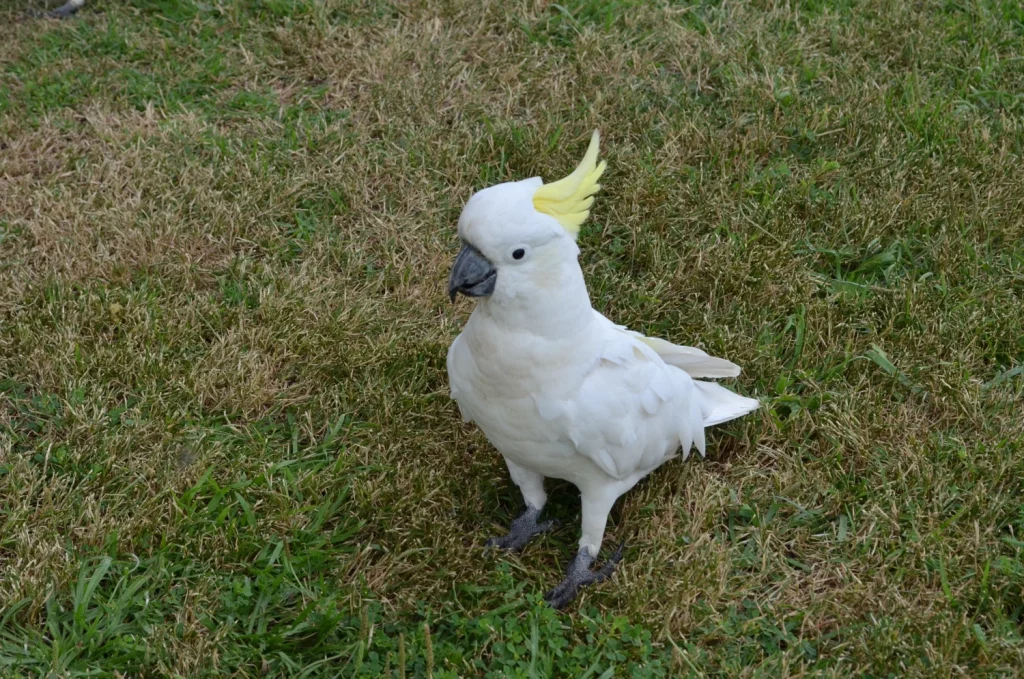
They’re curious
Cockatoos are very curious creatures and they’re always exploring their environment. Their curiosity may lead them to explore new sounds that might make them uncomfortable. If your cockatoo seems to be irritated by the sound of a song, it might need a checkup from a veterinarian.
When they’re listening to their favorite beats, cockatoos move their heads and wings in a dance-like manner and stand on one foot like humans. They also spread their wings up and down when they listen to a beat, which makes them look very beautiful.
A cockatoo named Snowball became famous for dancing to Backstreet Boys music. However, cockatoos have been known to dance to many different songs. They also love to dance with their owners, especially if the beat of the song matches their own dance steps.
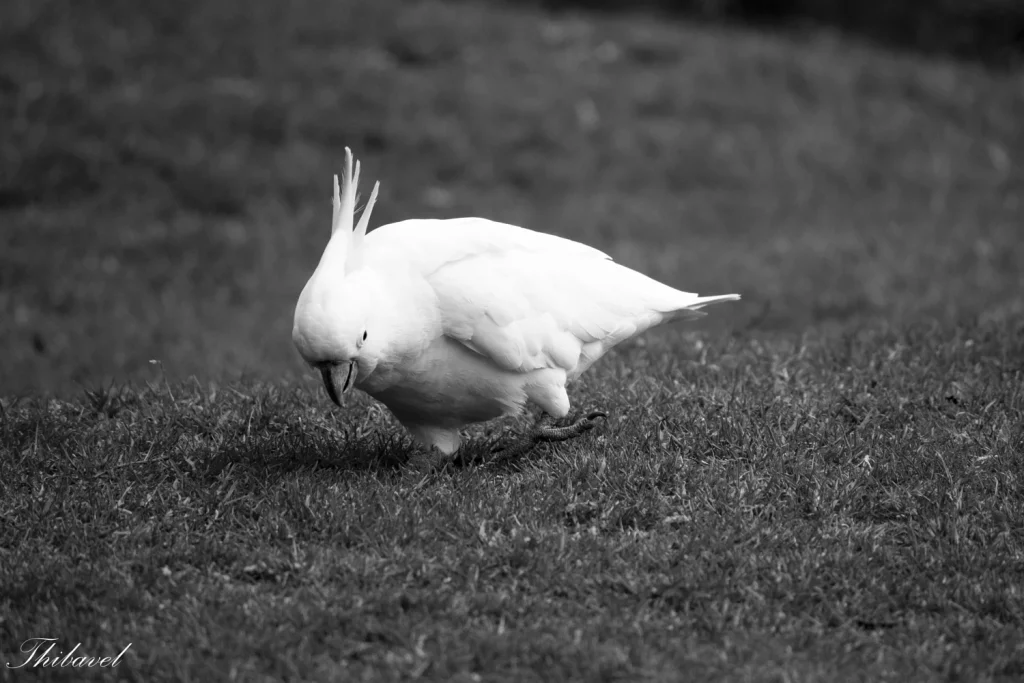
They’re entertaining
When cockatoos hear music they enjoy, they will often bob their heads to the beat. This may be a way to show excitement and their enjoyment of the music. It also demonstrates their interest and willingness to interact with you. In fact, cockatoos are known to mimic their owners, and this might be a form of entertainment for them.
When the sulphur-crested cockatoo Snowball became famous on YouTube for his head-bobbing dance moves to Backstreet Boys music, he was hailed as one of the first animals known to keep pace with a song’s beat. Patel’s research found that Snowball and other cockatoos can even change their dance style in response to the speed of the beat.
While cockatoos can learn to like certain types of music, it is important to consider their well-being and hearing when playing them loud music. Playing too much music can cause them stress and can damage their hearing over time. Moreover, some parrots can become angry when they are exposed to sounds that they find unpleasant or disturbing.


